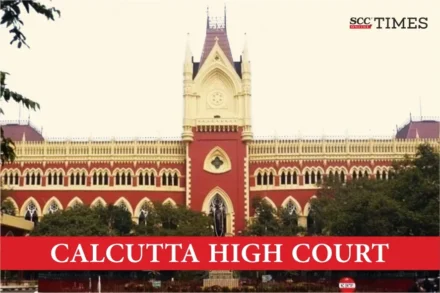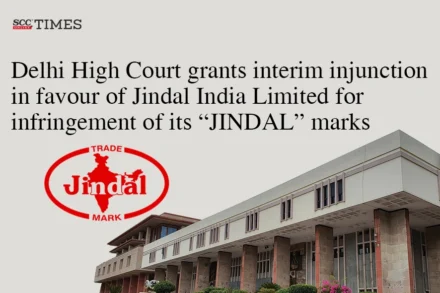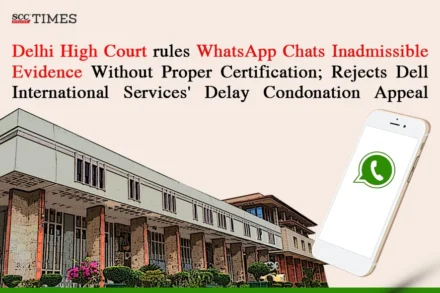
A huge sum spent in the judgeship of 24-Parganas (North); Calcutta High Court stays contractual recruitment notifications
The smooth functioning of the District Judiciary without regular staff and employees is likely to suffer and cannot be cured or supplemented by contractual engagements.
Continue reading



